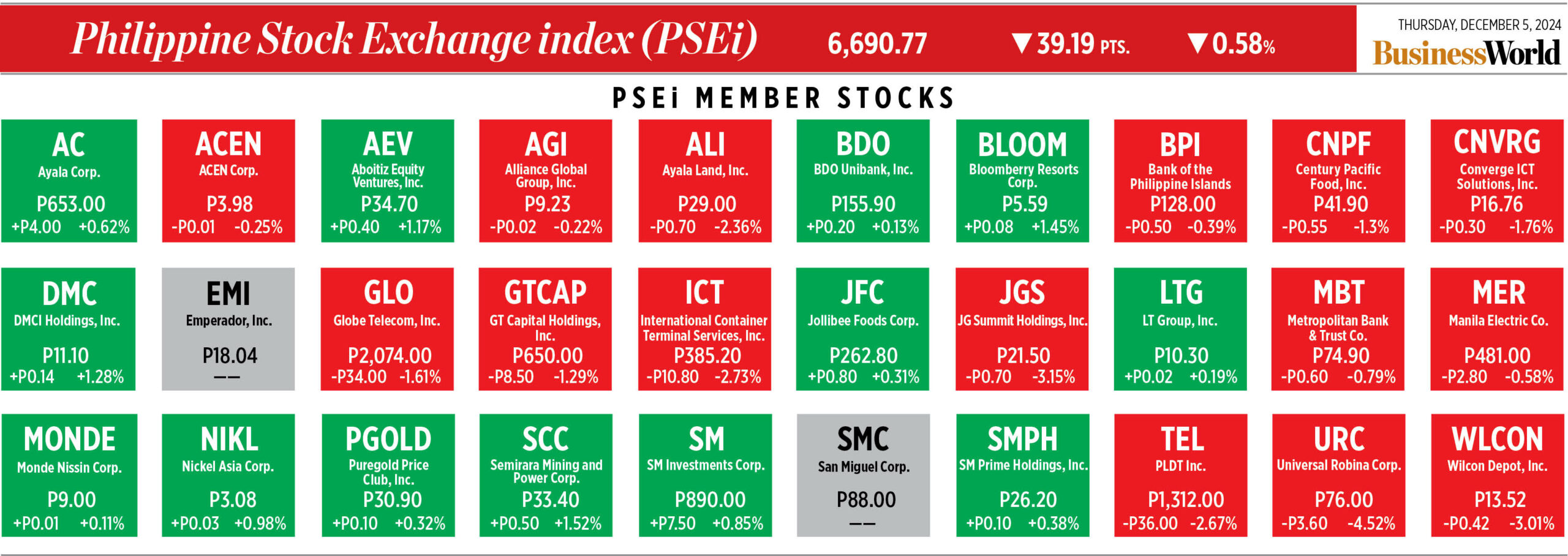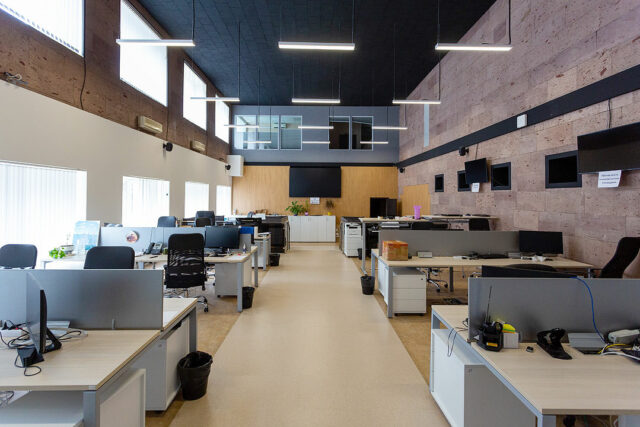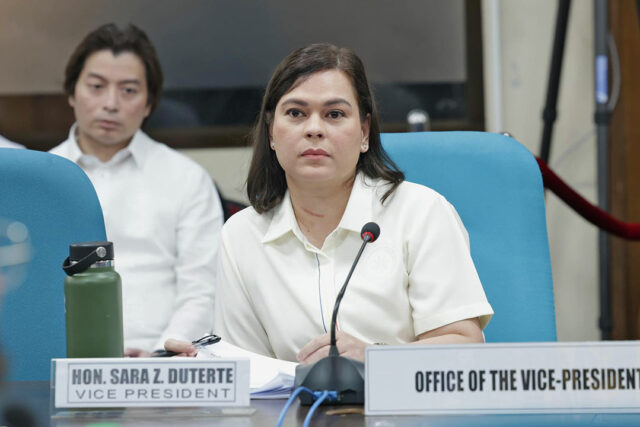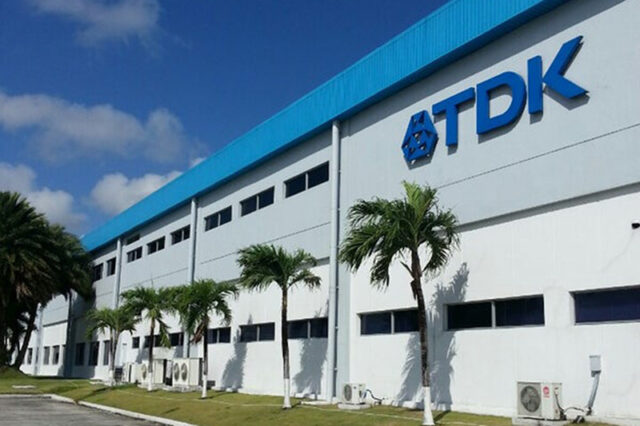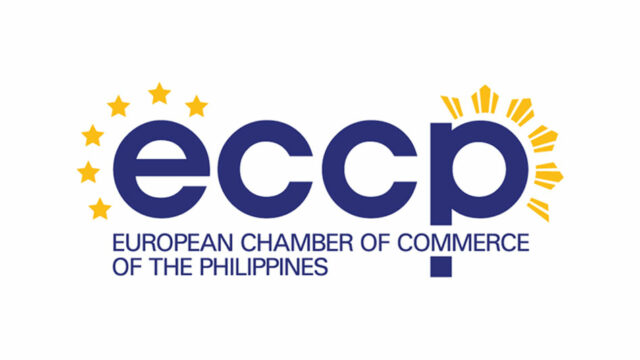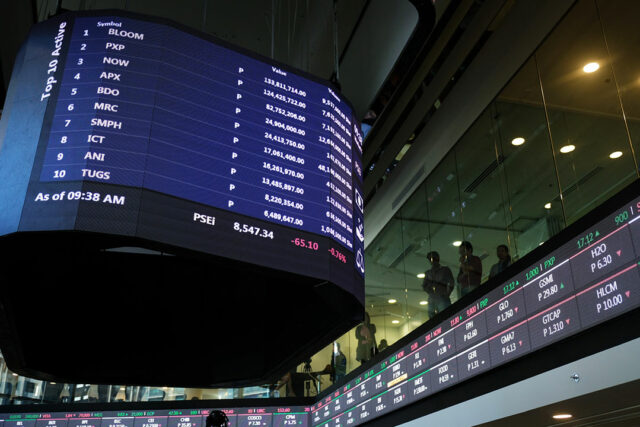Horror film Nosferatu gives a voice to its heroine, Lily-Rose Depp says
 LONDON— Filmmaker Robert Eggers brings a classic folklore vampire back to the screen in Nosferatu, a gothic horror film centered on the trajectory of its female heroine, played by Lily-Rose Depp.
LONDON— Filmmaker Robert Eggers brings a classic folklore vampire back to the screen in Nosferatu, a gothic horror film centered on the trajectory of its female heroine, played by Lily-Rose Depp.
Written and directed by Mr. Eggers, the movie is a reimagining of the 1922 silent film Nosferatu: A Symphony of Horror, which in turn was inspired by Bram Stoker’s 1897 novel Dracula.
Nosferatu is set in a fictional Baltic city in the 1830s and follows young bride Ellen Hutter (Ms. Depp), who has been haunted by horrifying visions since childhood.
As her estate agent husband Thomas (Nicholas Hoult) prepares to set out on a business trip to Transylvania, Ellen’s condition deteriorates. Thomas is promised that his meeting with the elusive client Count Orlok (Bill Skarsgard) will be richly reimbursed, allowing the young couple to start building their life together. Instead, the encounter triggers a terrifying chain of events.
“There was just so much for me to dive into,” Ms. Depp said at the film’s premiere in London on Wednesday. “To me it was about really depicting the emotional battle that she’s going through, the internal battle that’s going on within her, and to give a voice to this woman that at the time kind of wouldn’t have had one. That was very special.”
Mr. Eggers, 41, whose credits include The Lighthouse and The Northman, said he had wanted to make the movie since seeing the original film at the age of nine.
“I just wanted to make a great sweeping gothic romance that was also legitimately a scary horror movie,” he said, adding that the vampire he set out to depict was “the vampire from folklore that hundreds of years ago people actually thought was real.”
For Mr. Skarsgard, whose other on-screen transformations include the clown Pennywise in the 2017 movie It, said becoming Count Orlok required hours of work with prosthetics teams and vocal coaches.
“The face and the hands, which I wore when I had clothes on in the movie, was three hours. And the full body ones for where I’m not wearing clothes in the movie was six hours,” the Swedish actor said.
Nosferatu also stars Aaron Taylor-Johnson and Emma Corrin as family friends who take Ellen in during Thomas’ travels and Willem Dafoe in the role of Professor Albin Eberhart Von Franz.
“I think at its heart it stays true to the very original deep roots of the Nosferatu folklore. I think people who have a strong awareness of that history will really appreciate that,” said Ms. Corrin.
“I also think it really embraces the love story in so many iterations. It’s about sisterly love. It’s about forbidden love and shame. It’s about marital love. It’s about loving yourself despite your dark sides.”
Nosferatu begins its global cinematic rollout on Dec. 25. — Reuters





